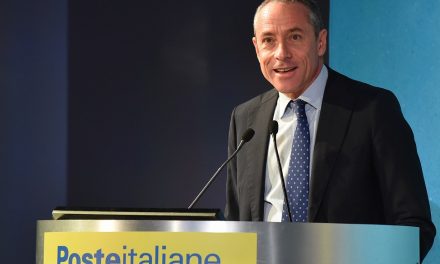
TNT Express improves in Asia and Brazil during first quarter
TNT Express has seen its first quarter of the year turning profitable, as moves for its acquisition by rival UPS continue. The Dutch-based global integrator issued its latest results today showing generally stable revenues of EUR 1.8bn, up around 1.3% on the same quarter in 2011, although adjusted for exchange rates there was a less than one point decline in revenue for the quarter.
But while last year’s first quarter brought in a EUR 79m operating loss, the latest three months saw TNT Express achieving an operating income of EUR 37m.
TNT Express said it was experiencing “mixed” economic conditions in its European stronghold, but there were improvements in Asia and South America, respectively helped by strong performances in Australia and Brazil.
European operations have been marked by positive volume growth, but a contraction in yield, with a decline in average kilos per day for domestic express services and an even more significant decrease in International Express.
TNT’s Asian operations saw a big drop in volumes with the sell-off of its Indian domestic business, but better cost control and good performances in Australia and some other parts of the region offset a weaker China international performance.
The company’s Americas operations saw losses reduced by nearly 30%, to EUR 23m for the quarter, on revenues up 4.5% to EUR 117m, as sales in Brazil grew with higher prices and a recovery in volumes, particularly in the automotive and telecoms sectors.
“Challenging”
Marie-Christine Lombard, the TNT Express chief executive, said today that the first quarter had been “challenging” in a sluggish business environment.
“In Europe, cost savings and commercial initiatives are being pursued to mitigate revenue pressure. Profitability in Asia-Pacific improved, despite weak intercontinental demand. Americas also improved, with better results in Brazil,” she said.
The TNT CEO said progress was being made in the proposed UPS takeover, with expectations of discussing matter within an Extraordinary Shareholders Meeting in the third quarter of the year.
Looking ahead, the integrator is expecting the situation in Europe and Asia to continue in 2012, continuing cost reduction efforts to counter the difficult economies in Europe, and seeking further reductions in its intercontinental air fleet to cope with lower Asia-Europe trading volumes.
Some long-term cost-saving projects are being adjusted in the light of the UPS offer, the company said.












